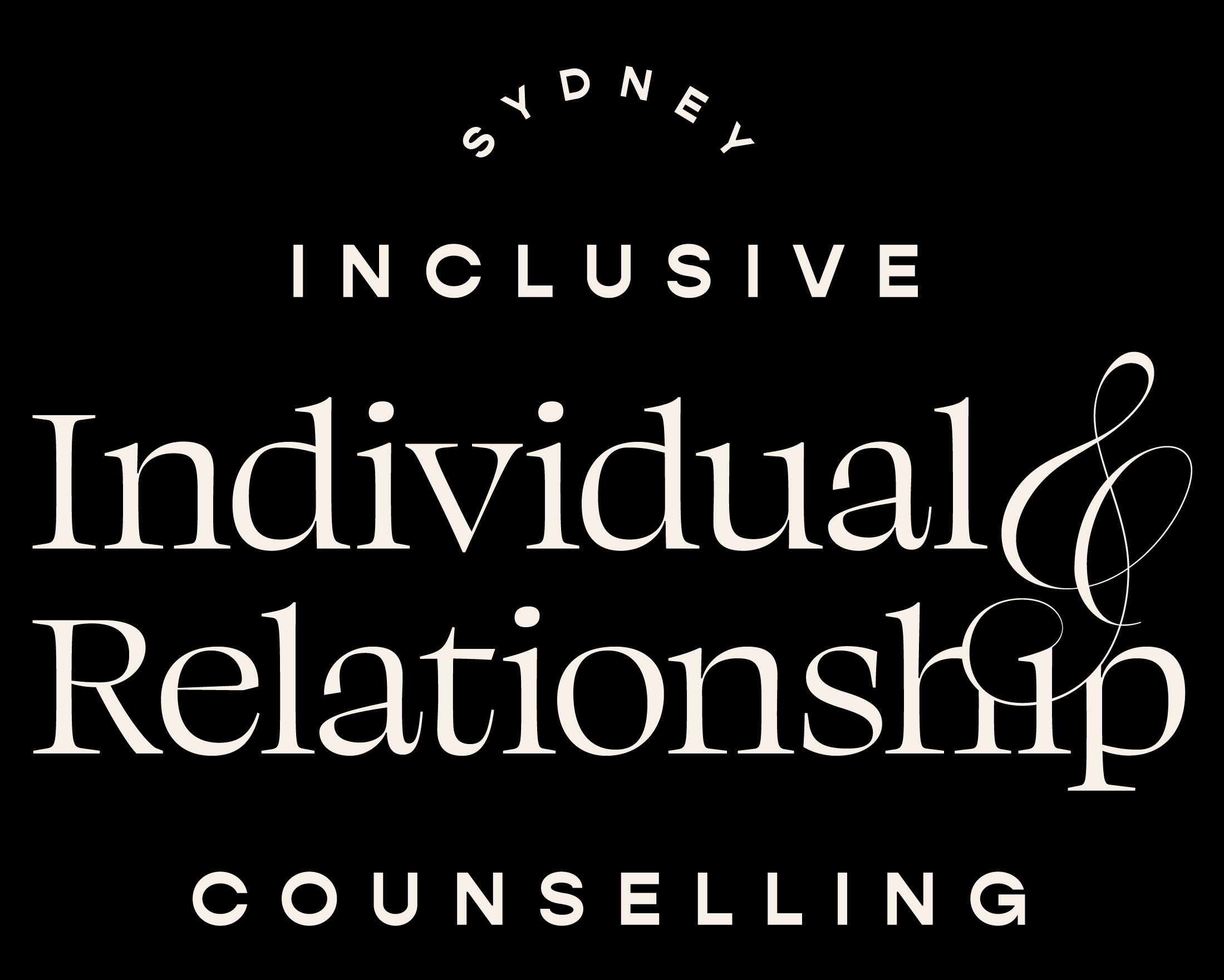Racism in Sydney
I recently(ish) had a really rewarding experience with working with someone to process their traumatic experiences of internalised racism and being racially targeted. It was the focus of weekly sessions over a few months
I will say this work is particularly rewarding to me as I wrestled with this for most of my teenage years (and into my 20s).
I moved a lot growing up but one place I spent a lot of time was in the Sutherland Shire of Sydney NSW. It’s a very middle to upper middle class white suburb. It was also the location of the Cronulla race riots. Racism was very prevalent growing up there.
I have memories of being racially attacked around 11 years old to 17 years old by being spat on, rubbish thrown at me, being told to “go back to your rice paddies”, among other gems. That was just the explicit racism, there was also the well-meaning but still harmful covert racism of the chippie cashier saying, “Wow your English is so good” when I was born and raised in Sydney with quite a Bogan tinge to my accent.
I went to therapy for it my symptoms of anxiety and depression and got told to build up my individual resilience against racism. My white therapists didn’t mention structural racism or even mention how I could advocate for myself (or advocate on my behalf as I was a child). With the experience of being a social worker and counsellor now for a few years – I would like to kindly tell them to fuck off. The problem does not sit with you as an individual, it sits with the system.
Some questions stuff that I unpack with people in counselling may include questions like:
What happened to you?
It wasn’t okay….
What were you thinking? What did you do?
In hindsight, what would you have wanted to do?
(Sometimes people don’t have a frame of reference to will ask for my opinion which I will give with the caveat that what’s right for me might not be right for you).
In a hypothetical situation if something similar happens what will you do?
We can talk variable and hypotheticals and how they may change your choices.
Explore what was taught to you by family, teachers, media, friends, and role models. Assimilation? Turning the other cheek? Fighting back? Model minority myth? Us vs them? Helplessness? more.
What was their messaging?What was their baggage? How did it impact you?
What is helpful so you want to keep?
What is unhelpful and you need to unlearn?
What kind of adult did you need growing up?
What were the messaging you needed? What did you need to hear growing up?
What do you need to hear now?
Be the adult you needed.
Building a relationship with anger (a feeling often culturally rejected).
Learn it’s purpose, accept it, feel it, befriend it, learn to understand and listen to what it’s trying to communicate about your needs and boundaries.
How to accept and transform Feelings of injustice to make informed choices and/or advocate for yourself and/or others.
Properly make space for you to grieve that you had there wounding experiences, grieve the loss of the sense of safety in the world, grieve that you live in an oppressive system where racism (and other isms) exist.
Normalise the ongoing grief of the emotioned labour asked of you.
Normalise sadness, burnout, taking breaks, etc.
Psychoeducation, troubleshoot, & build relationship for any emotions or beliefs that come up.
Reframe your existence as a form of resistance.
Learn how to notice your and other people’s of act of resistance in the world.
Find solidarity with others who “get it”.
Connect you with spaces and people who have potential to be in solidarity with you.

